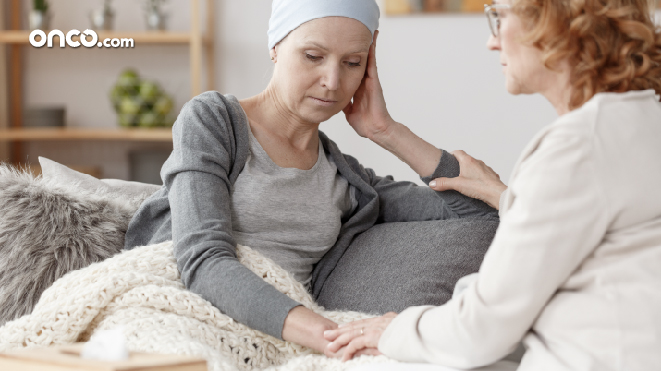What are the common side effects of chemotherapy in ovarian cancer?
Chemotherapy is the part of multimodality treatment used in ovarian cancer to target cancer cells which rapidly divide and grow in the body. While targeting cancer cells, chemotherapy also tends to burn healthy cells. With chemotherapy comes side effects as well. Read on for more information.
Blood producing cells
Blood producing cells are in the bones. They play a vital role in helping the body fight infections. This also helps in blood clotting and as well as carrying oxygen to all the parts of the body. When chemotherapy damages white blood cells, the body is prone to infections and diseases. When platelets are destroyed, the noticeable signs are bruising and bleeding easily. Throughout chemotherapy, doctors and nurses keep a constant check on the patient’s platelet and white blood cell count. But if the count becomes too low, medication usually boosts it back up.
Cells in the digestive tract
When the cells in the gastrointestinal tract get affected by chemotherapy, it causes side effects like nausea, vomiting, poor appetite, diarrhea, and constipation. Mouth and lip sores are typical side effects of chemotherapy.
Some drugs that during chemotherapy cause taste changes in the patient. But the patient will get back to normal after completing the entire chemo cycle. The patient will also complain of dryness in the mouth and nausea. Non-alcoholic mouthwash treats the dryness. For nausea, doctors prescribe antiemetics.
Cells in hair roots
Chemotherapy as a treatment for women with ovarian cancer affects the cells in the hair roots and many women experience hair loss. Even though the hair will grow back, the color, and texture may not be the same as before. When given chemo, most women prepare for hair loss and use a wig and go about their daily lives.
Nerve problems
Some drugs in chemotherapy can cause numbness because of damage due to the nerves that transmit signals. This damage to the nerves causes the patient to feel a tingling sensation in the hands or feet. Quite often, the remedies given are nerve repairing vitamins, acupuncture, or a physical massage.
Intimacy issues
Most women, after chemotherapy, experience a decreased interest in intimacy. This happens due to various reasons like additional stress or lack of self-confidence and loss of energy. These issues can are treatable by behavioral therapy.
See more on treatment for ovarian cancer.




